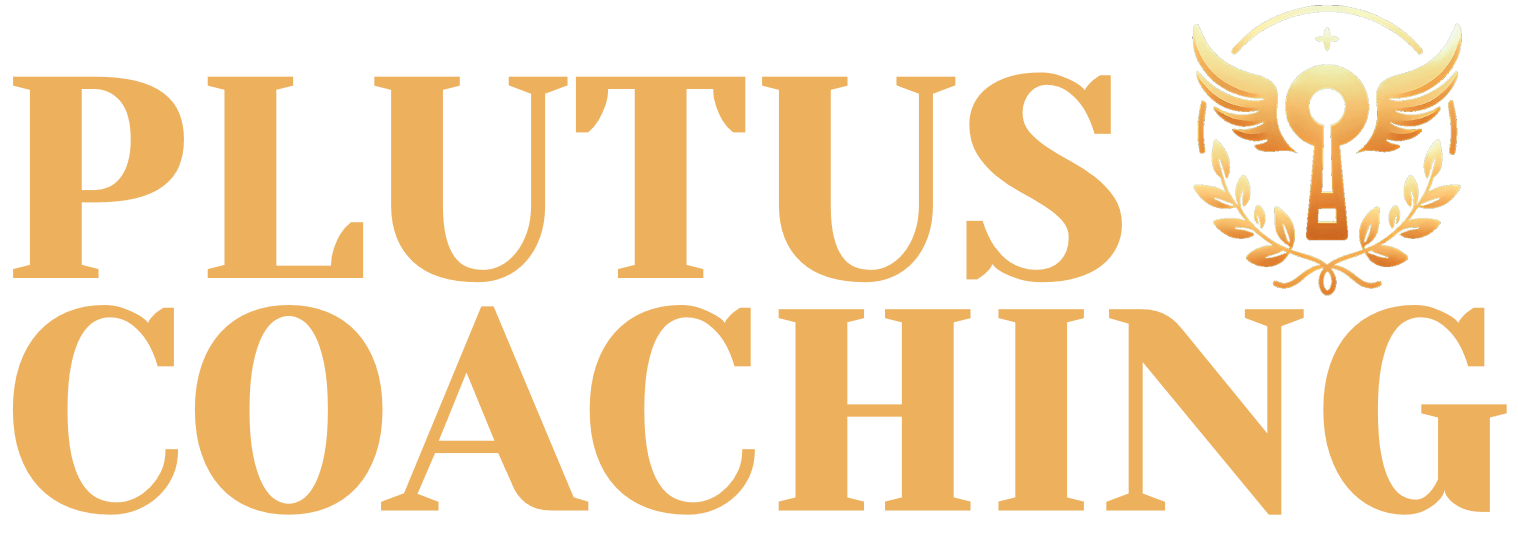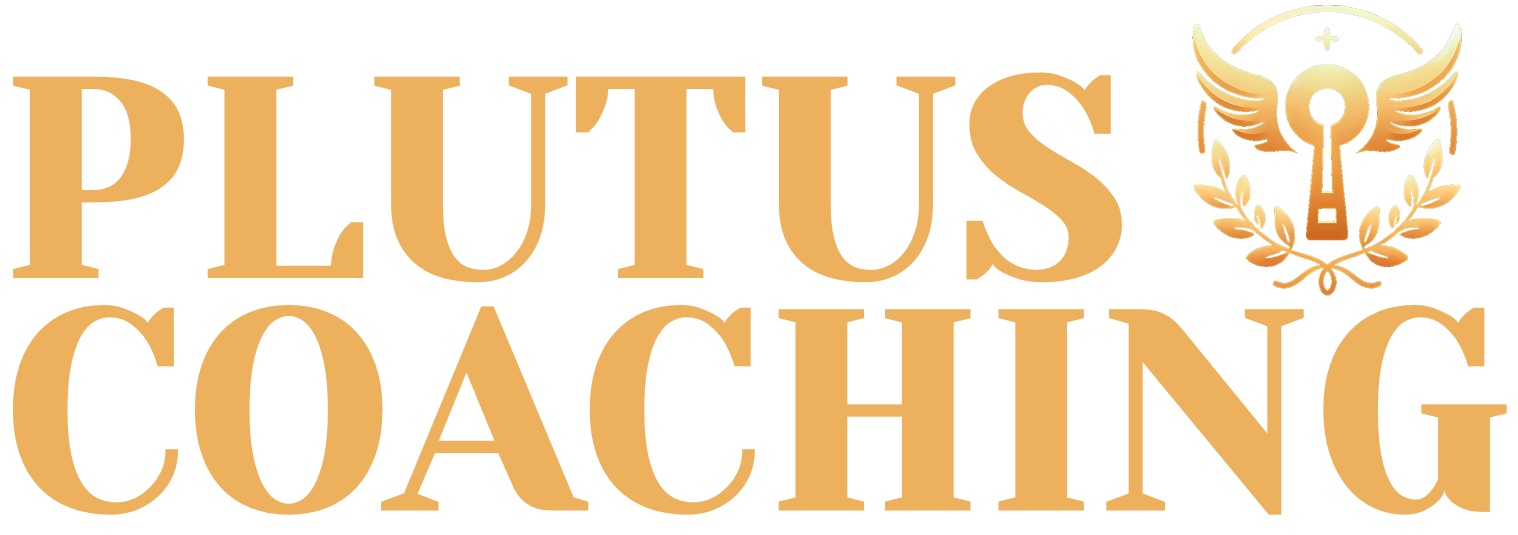In a world that thrives on connection, the ability to communicate effectively is more than just a desirable skill — it’s a necessity. Whether it’s a heart-to-heart with a loved one, a persuasive pitch at work, or simply navigating the everyday interactions that shape our lives, communication skills lie at the core of it all.
Honing these skills isn’t just about stringing words together; it’s about fostering understanding, building trust, and forging meaningful relationships. Think of it as the bridge that connects us to others, enabling us to express our thoughts, share our feelings, and collaborate towards shared goals.
Investing in developing strong communication skills is an investment in yourself. It’s a pathway to deeper connections, increased career success, and a richer, more fulfilling life. From resolving conflicts to sparking innovation, the power of effective communication is undeniable. So, let’s dive into the key strategies that can help you transform the way you connect with the world around you.
The Foundation of Effective Communication
Building strong communication isn’t just about expressing yourself clearly—it’s also about truly understanding others. Think of it as a two-way street: you need to express your thoughts and feelings while also being receptive to what’s coming back at you. This is where the foundation of effective communication lies.
Active listening is key. It’s about more than just hearing the words someone says; it’s about giving them your full attention, absorbing their message, and making sure you understand their perspective. When you listen actively, you create a space where others feel heard and valued, paving the way for open and honest communication.
But words are only part of the story. Non-verbal cues like body language, facial expressions, and tone of voice speak volumes. These subtle signals can convey emotions, reveal hidden meanings, and even contradict the spoken word. Paying attention to these cues helps you grasp the full picture and respond with sensitivity and understanding.
And finally, there’s empathy. It’s the ability to step into someone else’s shoes and see the world from their perspective. When you approach communication with empathy, you validate the other person’s feelings and show that you genuinely care. This creates a deeper connection and fosters an environment of trust and respect.
Verbal Communication Skills
Mastering verbal communication is all about getting your message across clearly and confidently. It’s about finding the right words to express your thoughts and feelings while ensuring the other person truly understands you.
Clarity and conciseness are your best friends. Avoid jargon and convoluted sentences. Instead, choose simple language and get straight to the point. The goal is to leave no room for misinterpretations.
But being clear doesn’t mean being timid. Assertiveness is about expressing your needs and opinions with confidence while respecting others. It’s about finding the balance between being direct and being considerate, ensuring your voice is heard without stepping on anyone’s toes.
And finally, don’t underestimate the power of asking the right questions. Open-ended questions encourage people to elaborate and share more about themselves. They spark deeper conversations and show that you’re genuinely interested in what the other person has to say.
Overcoming Communication Barriers
Even with the best intentions, communication breakdowns happen. Misunderstandings, conflicts, and differing communication styles can create roadblocks in even the strongest relationships. But the good news is, these barriers can be overcome with the right strategies.
When misunderstandings arise, don’t let them fester. Address them head-on by seeking clarification and actively listening to the other person’s perspective. Remember, the goal isn’t to be right, but to understand each other.
Conflict is a natural part of any relationship, but how you handle it makes all the difference. Approach disagreements constructively, focusing on finding solutions rather than assigning blame. Stay calm, listen actively, and be willing to compromise.
Finally, recognize that everyone has their own unique communication style. Some people are direct, others are more subtle. Some thrive on verbal communication, while others rely heavily on non-verbal cues. By recognizing and adapting to these differences, you can create a more harmonious and understanding environment.
Overcoming these barriers takes effort and patience, but the rewards are immeasurable. By fostering open communication and understanding, you’ll strengthen your relationships, build trust, and create a more positive and productive environment for everyone involved.
Enhancing Communication in Specific Contexts
Effective communication isn’t a one-size-fits-all skill; it needs to be tailored to the specific context you’re in. Whether you’re navigating the workplace, nurturing your relationships, or taking the stage for a presentation, understanding the nuances of each situation is key.
In the workplace, communication is the oil that keeps the gears turning smoothly. Clear and concise communication with colleagues fosters collaboration, while respectful and assertive communication with supervisors ensures your voice is heard. When dealing with clients, active listening and empathy are essential for building trust and understanding their needs.
In our personal relationships, communication is the glue that holds us together. With partners, family, and friends, open and honest communication fosters intimacy and strengthens bonds. It’s about expressing your love and appreciation, but also addressing conflicts and challenges with compassion and understanding.
Public speaking can be daunting for many, but with practice and the right strategies, you can overcome anxiety and deliver impactful presentations. It’s about knowing your audience, structuring your message clearly, and using your voice and body language effectively to engage and inspire.
Remember, mastering communication skills isn’t a one-time achievement, but an ongoing process. It requires practice, self-awareness, and a willingness to adapt and learn. But the rewards are well worth the effort.
By continuously working on your communication skills, you’ll unlock doors to deeper relationships, greater career success, and a more fulfilling life. You’ll build trust, inspire others, and navigate any social situation with confidence.
So, don’t wait. Start implementing these strategies today and experience the transformative power of effective communication. Watch as your connections deepen, your influence grows, and your life becomes richer and more meaningful. The journey to better communication starts now.





